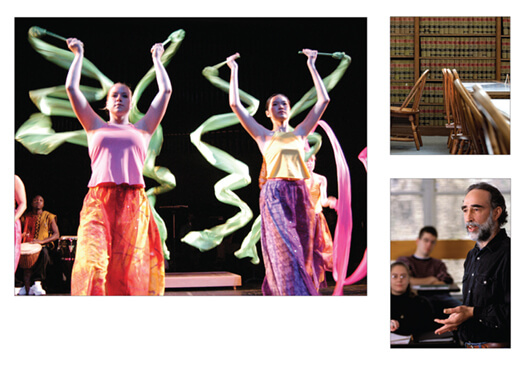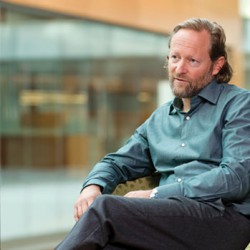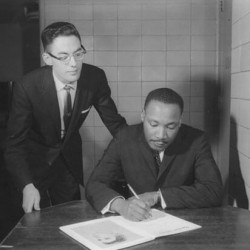Heads & Hearts
Humanists ensure the transmission of culture, but also contribute to its transformation. Chancellor Biddy Martin
The humanities take many forms in helping us to understand and communicate being human.
On Wisconsin explores some of them.
When you hear the word “humanities,” what comes to mind? For a certain cohort of UW alumni, this word-association game may prompt memories of a building on the central campus rather than a branch of learning.
Yet, the humanities encompass areas of study that allow humans to communicate what is in their heads, as well as convey what is in their hearts: languages, literature, classics, history, philosophy, law, religion, and both visual and performing arts, such as music, theater, film, and dance. As the Humanities Association, based in the United Kingdom, unabashedly boasts, “[The humanities are] about people: how people create the world they live in; how the world they live in makes them the people they are.”
When members of the On Wisconsin team first heard that 2009–10 was the Year of the Humanities on campus, it didn’t take long to recognize that the humanities play a central role in many of the stories we were researching and writing. And with Chancellor Biddy Martin, a champion for the humanities, now at the university’s helm, it made sense to take a closer look.
What we found was exciting. For example, students are still studying Shakespeare, but they are using digital technology to effortlessly tap into commentary on his work. Faculty choreographers in the dance program are collaborating with campus researchers to create performances inspired by science. And groundbreaking research into mindfulness marries neuroscience with meditation.
“The humanities emphasize, and also continually refine, critical thinking and discovery in the realms of human thought, expression, and culture,” Martin says. “Humanities scholarship preserves languages, cultures, and modes of thought, while also changing them through analysis and imaginative new perspectives. Humanists ensure the transmission of culture, but also contribute to its transformation. In both cases, their work draws on and builds communities of readers, thinkers, and consumers of culture.
“Scholarship in the humanities is focused on the heart of things — how we define, understand, and live our humanity; how we constrain and enable human expression and achievement; and what impact the wide range of human cultures has had in the past and has now,” she continues. “Humanists seek to expand our understanding and appreciation of different modes of thought and to introduce ever more capacious approaches to fundamental questions about what it means to be human.”
The stories featured in the following pages represent just some of the forms that the humanities can take as we seek to understand and appreciate being human. Rather than limit opportunities, a solid grounding in the humanities opens up possibilities, Martin says.
“People with humanities degrees go on to do every conceivable thing,” she says. “There is no better foundation for eventual careers or for satisfying lives. The abilities to think critically, synthesize information, make cogent arguments, communicate, and express oneself clearly and imaginatively are skills that every kind of work requires and that every person will be enriched by having.”
On Wisconsin Editors
Published in the Spring 2010 issue






Comments
No comments posted yet.